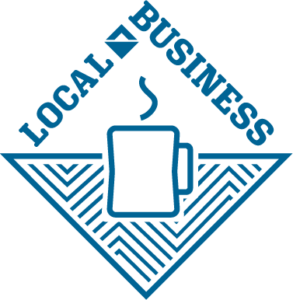SEP Accounts

SEP Accounts
Simplified Employee Pension (SEP) plans were created to allow self-employed persons, sole proprietorships, partnerships, small businesses, small employee groups and corporations to provide retirement plans via an easily established and maintained retirement program.
Advantages of an SEP Plan as an employer:
- Contributions are tax-deductible
- Contributions made for employees are a business expense that reduces net profits
- Deadline for establishing and making contributions is the employer’s tax return deadline for the year in which the contributions are made
- Contributions are flexible (IRS limits apply. Consult your tax advisor.)
- You may establish an SEP plan and make contributions even if you are employed and covered by a retirement plan at work
Advantages of an SEP Plan as an employee:
- Offers immediate vesting
- IRAs funded by SEP contributions are portable. An employee can move his or her IRA to other financial institutions that offer IRAs
- SEP plan contributions are invested in accordance with the employee’s instructions
- Employees can choose from the investments offered by the financial institutions that administer their IRAs
- SEP plan contributions can be made until the employee retires, regardless of age
- SEP plan contributions made by an employer are not included in the employees’ income for tax purposes, and employees pay no taxes on the amounts in their SEP accounts until the funds are withdrawn
Open your SEP account
NOT A MEMBER?
Join online in minutes, then you can open your SEP account at any branch.
CURRENT MEMBERS
Open an account at any branch.
You can also visit any branch or call our Contact Center at (805) 543-1816.
For additional information, see How to Join »
Your Money is Safe at SESLOC
Accounts are insured to at least $250,000 by the National Credit Union Administration, a U.S. government agency.

PEOPLE ARE MORE IMPORTANT THAN PROFITS
New to credit unions? Learn more about our philosophy and how your money stays local.

PEOPLE ARE MORE IMPORTANT THAN PROFITS
New to credit unions? Learn more about our philosophy and how your money stays local.
Retirement Tips
From the News+ Blog
Understanding Probate
When you die, you leave behind your estate. Your estate consists of your assets — all of your money, real estate, and worldly belongings. Your estate also includes your debts, expenses, and unpaid taxes. After you die, somebody must take charge of your estate and settle your affairs. This person will take your estate through probate, a court-supervised process that winds up your financial affairs after your death.
Transferring Your Family Business
As a business owner, you’re going to have to decide when will be the right time to step out of the family business and how you’ll do it. There are many estate planning tools you can use to transfer your business. Selecting the right one will depend on whether you plan to retire from the business or keep it until you die.
What Makes Up My Taxable Estate?
Your gross estate for federal estate tax purposes includes:








































